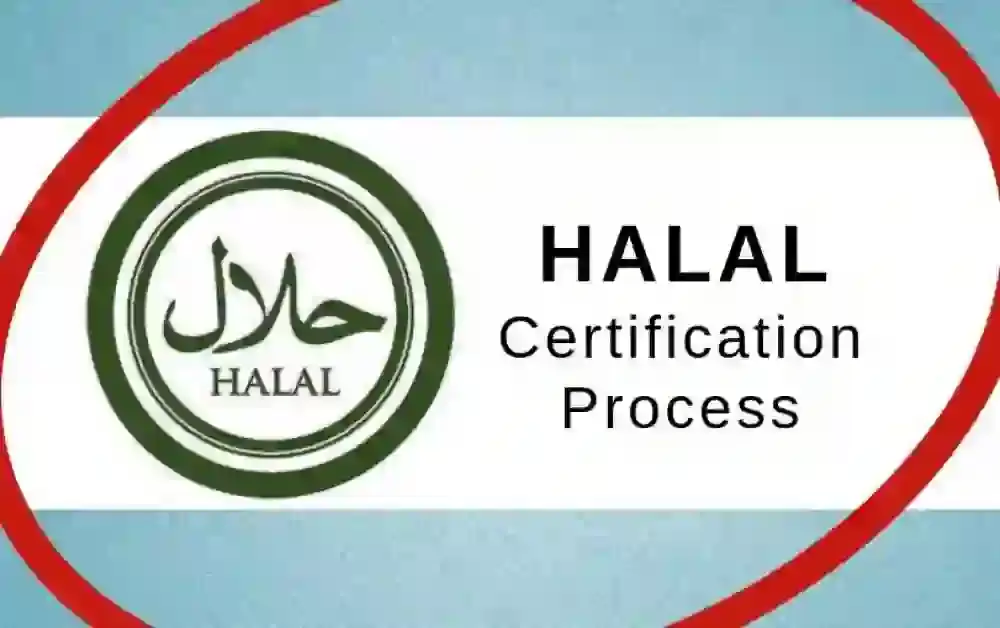HALAL Certification Process
- October 12, 2018
- Registrationwala

- Home
- /
- Knowledge Base
- /
- Other Registrations & Licenses
- /
- ISO Certification
- /
- HALAL Certification Process
HALAL Certification Process
Halal is a term that has been explained in Quran as “lawful” or permitted. When it comes to the food, it means the food that is permissible for consumption according to the Muslim laws. If you are planning to sell halal foods, you need to make sure that you have the right certification for it. While only a novelty if you want to sell halal foods in India, halal certification is necessary for you if you want to sell your foods sin the Arabic countries. Therefore, through the course of this blog, we are going to focus upon the HALAL certification process in India.
The Process of Halal Certification in India
When it comes to HALAL certification in India, you can expect to go by the normal route of Application, auditing and certification. However, what makes this form of certification interesting are the people involved. That being said let us look into this matter a bit more comprehensively:
1. Application for certification: You will have to apply the application in one of the certification bodies that are present in India. When applying for certification, you have to be careful about the Halal certification requirements in India as well.
2. Auditing of the application and the documents: Once the application has been received by the certification body, there is a now the time for auditing. The verification of the information is done by not one, but two auditors. One of these auditors is a Shariah auditor and the other one is the technical auditor. Their job is to audit the following:
- The documentation provided by the applicant
- The processing, handling and distribution of food
- The storage, display and serving of the product
- The food safety, sanitation and cleanliness of the shop
- The overall dimensions of the premises
- The tools that are used at the premises
- How the product is packaged and labelled?
3. Certification: After the halal Audit, it is the job of the technical committee to review the aspects of the application and the documents. After final verification, an audit report is generated. If this report is good enough for the standard, the certification is provided to the applicant.
Process aside, you should also be aware of the Halal Certification requirements as well. These requirements are going to dictate how successful will your process of certification be. In turn, they also dictate how soon will you get the certification.
Once you have gotten the certification, you can begin with the manufacturing, production or trading of Halal products at your premises.
- 3808 views
